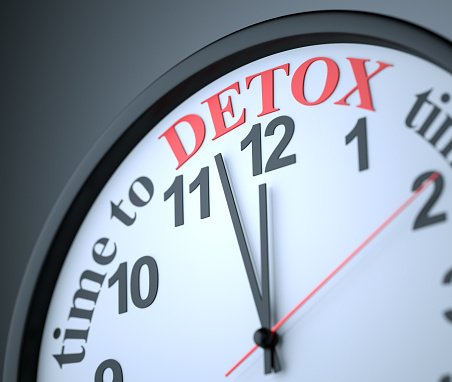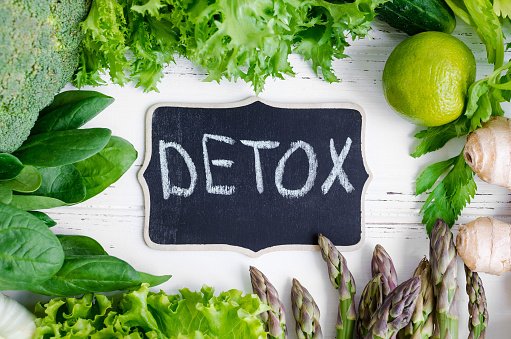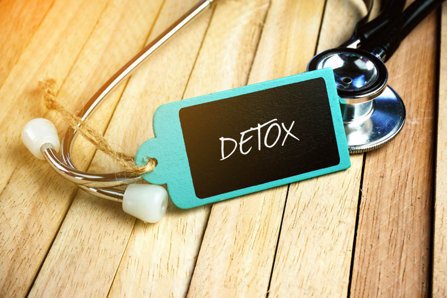
A lot of people think that drug detox is dangerous or some kind of a lie. The truth is that detox can be done safely, if you do it correctly. There are many ways that you can detox your body from drugs without putting your health at risk. Here's what you need to know.
So, how dangerous is drug detox? The short answer is no, but there are many reasons that it might not be the safest option, such as: It might not be effective. It does not always work. Professional detox, at times, is even less safe, more expensive and less effective. In-home detox kits purport to assist you through the procedure on your own, however, they aren't an advisable option for so many important reasons... Let's take a look at why...
There are two major reasons why drug detoxification is dangerous. The first is simply because it can cause serious withdrawal symptoms. If you have an alcohol use disorder, you have likely been taking medications to deal with your symptoms, which can include insomnia, nausea, vomiting, diarrhea, etc. Unfortunately, once you stop taking these medications, you will have no way to cure your disease, so you'll be stuck with all of those symptoms for the rest of your life, causing withdrawal symptoms that can be very dangerous.
Another reason that drug detox can be dangerous is because some people try to go it alone, which can lead to failure. For example, if you decide to go it alone and detox yourself at home, you can easily do so by drinking a lot of alcohol. This puts you in an extremely vulnerable state, as you will have no way to help yourself during the process, and you might end up having a brain hemorrhage or passing out due to alcohol poisoning. Furthermore, if you try and detox yourself without seeking professional assistance, you could end up doing a lot more harm than good. Different types of drug addiction require different types of treatment, and not everyone is a suitable candidate for the same treatment. Therefore, if you are detoxing yourself, you need to consult with a trained medical professional in order to make sure that you are getting the right kind of help for your condition. Check out this website: sobanewjersey.com to gain a better understanding of the topic.
Finally, let's take a look at the dangers associated with undertaking a self-medication detox. Let's say, for example, that you decided to use cocaine as a replacement for alcohol. In this case, you will need to consume large amounts of cocaine in order to experience any kind of withdrawal symptoms. This in itself is extremely dangerous, as the abuse of cocaine can lead to a severe physical dependency, with increased urges to use cocaine as soon as you feel withdrawals from alcohol. Although you may feel a certain level of comfort drinking alcohol, you are going to find that your body cannot function without it, so in reality, drinking alcohol will simply cause a whole host of other problems. Unfortunately, many people who try to quit using cocaine do so by consuming large amounts of alcohol.
If you choose to do a drug detox at home, the first step is always to consult a doctor. If the doctor feels that it is necessary, he may recommend you to see an addiction specialist such as a psychiatrist or psychologist. The specialist will be able to evaluate your situation and recommend a suitable drug detox program for you. At this point, it is important to remember that all drug detoxification programs are different, and your case will be determined by its specific characteristics. Therefore, before starting any kind of drug detoxification, it is vitally important that the patient is fully aware of his own condition and what will be required of him in order to achieve full recovery. This post: https://www.dictionary.com/browse/detoxification will help you understand the topic even better.


